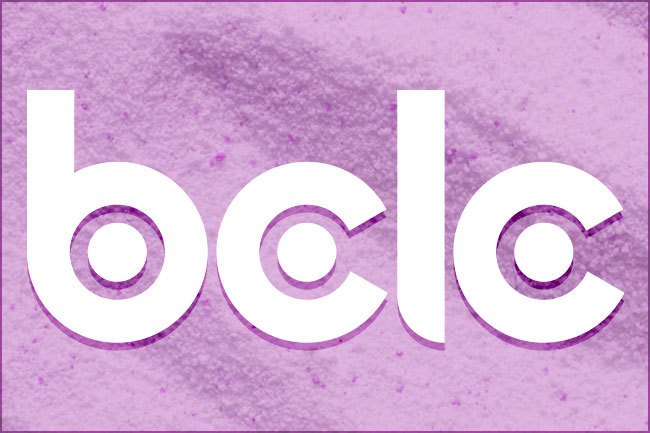The latest information that surfaced from last week’s hearing of the Cullen’s Commission we learn that in 2015 the British Columbia Lottery Corporation rejected to follow anti-money laundering program. In order to keep revenue up and coming, the corporation did not comply with the provincial government’s proposed program to deal with huge amounts of suspicious cash sums on B.C casino’s territory.

Back in August 2015, during the ongoing investigations at Richmond’s River Rock Casino for alleged money laundering crime activities, then-gaming minister Mike de Jong sent a letter to BCLC’s CEO Jim Lightbody. In this letter, de Jong proposed to introduce a rule in which high-rolling players should declare their source of cash. According to the Gaming Policy and Enforcement Branch after 2014 organized Asian crime groups managed to launder around CA$200 million annually.
October 2015 Meeting

Last Friday’s inquiry, government lawyer Kaitlyn Chewka read notes from an October 2015 meeting between CEO Jim Lightbody and board chair Bud Smith, where both officials discussed de Jong’s proposal of tracking back the cash sums from high-rollers. According to Chewka, the meeting concluded that such measure will lead to hundreds of millions of dollars in losses.
BCLC implemented the proposed measure of player declaring the source of cash way in January 2018, after independent analysis into money laundering on BC casinos had suggested so. In Friday’s inquiry, we also learn that in 2015 and 2016, the enforcement branch’s General Manager, John Mazure, insisted that Lightbody should introduce the direction of source cash declaration to high-rolling casino players.
Lightbody’s Defense
Mazure also stated the Lightbody refused to adopt such measures proposed by the branch’s anti-money laundering operations. Rob Barber supported the claim by declaring that back in a 2015 meeting Mazure complained that the whole British Columbia Corporation refused to listen to him. In response to that, Lightbody claimed that he never fully understood the fund declaration measures, by providing a note from his personal log.
Lightbody was cross-interrogated by Paul King Jin’s lawyer Greg DelBigio. Paul Kin Jin was a suspect who was allegedly in charge of a network that funder many Chinese high-rollers with cash in River Rock Casino. Lightbody claimed that the increase of wealthy high-profile gamblers was after 2010 Winter Olympics, and the corporation had no idea where the CA$20 bills duffel bags came from.
BCLC’s President Stunned
Jim Lightbody’s initial testimony was that he was shocked when the RCMP, informed him that there was evidence of Asian organized crime groups that used alleged drug money to buy chips in British Columbia’s casinos. He added, that casinos only allowed huge cash amount transactions since high-rolling players refused to use cheques, banking drafts, or casino credit accounts for cultural and privacy reasons.
Laxing of Anti-Money Laundering Measures
Last week, the Executive Director of Investigations for the B.C. Gaming Policy Enforcement Branch Cary Skrine stated in the inquiry that back in 2019, former Vice-President of BCLC Robert Kroeker told the anti-money laundering investigating team to loosen up rules for huge cash transactions on the casinos’ premises. However, claims could not be proven due to lack of substantial evidence.
Source:
Cooper, Sam
“BC Lottery Corp. didn’t block mysterious casino cash due to ‘hundreds of millions’ in estimated losses: inquiry”, Global News, January 29, 2021



















